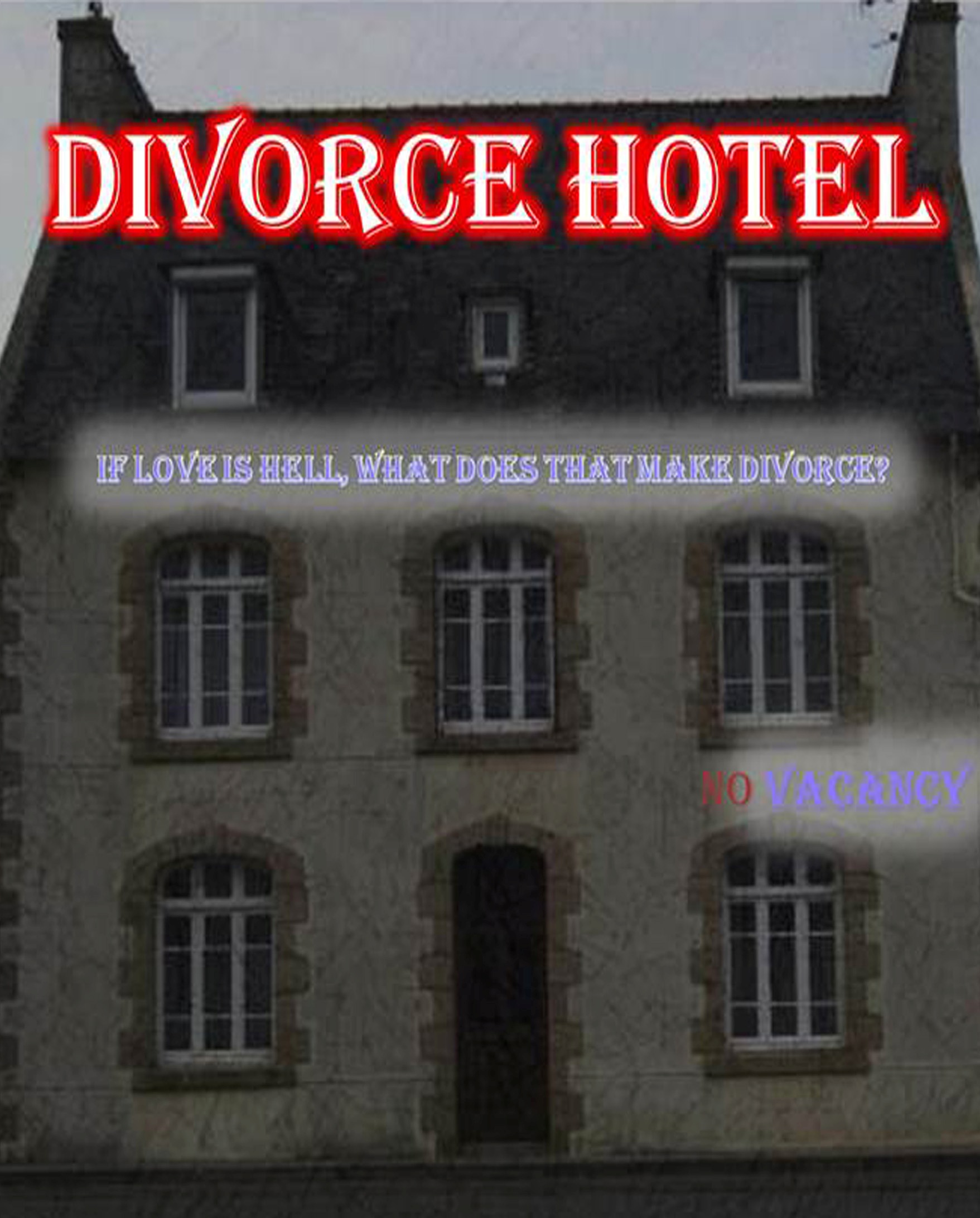 The New York Times recently ran a story on “Divorce Hotels”. It’s not such a strange concept. Click here for the NY Times story. A divorcing coupe stays at the same hotel to ensure the process moves forward. No delays. Lawyers there focus on that case. Paying attention to a case often helps “get ‘er done”.
The New York Times recently ran a story on “Divorce Hotels”. It’s not such a strange concept. Click here for the NY Times story. A divorcing coupe stays at the same hotel to ensure the process moves forward. No delays. Lawyers there focus on that case. Paying attention to a case often helps “get ‘er done”.
Is this the wave of the future? Probably not. Is there a place for it? Maybe. The real bottom line is that once people are ready, emotionally and with all of the facts (an understanding of all finances/incomes/property values, etc.), divorcing parties should get together, be it for mediation or a settlement conference, or even a weekend at the “divorce hotel”, and they should not stop trying to reach resolution until it is done. The alternative, trial, is expensive, costly and very, very imperfect. Keeping hold of your own desitiny is vital. Mediation, and maybe even the “divorce hotel” offers an opportunity to do that.
Today, August 15, 2010, the Governor of New York announced that he signed a bill permitting “no-fault” divorce in New York. So what exactly is “no-fault”? Well it varies across the country, but generally it means that one need not prove the other spouse was at “fault” in the break up of the marriage. That is, if one person believes the marriage is over, that is all that needs to be proved. And that will make “uncontested divorces” easier.
But does that make fault irrelevant? In many states the answer is no. Georgia and many other states permit introduction into evidence, proof of “conduct” such as adultery, drug use, spousal abuse and gambling. These types of conduct can affect the decision of the court on issues such as alimony, custody and division of property in some states.
But what no-fault divorce allows, is a less confrontational divorce for many who have peacefully and amicably come to the decision that their marriage should end. The removal of the need to prove “fault” removes the need to accuse anyone of being the cause of the divorce. While such conduct issues may be relevant in some states for some issues, many people simply desire to move on and resolve their differences in a non-confrontational manner. This new New York law makes it a bit easier in New York to do what people elsewhere in America have done for years, to divorce without pointing fingers or laying blame. It is about time.
 The New York Times recently ran a story on “Divorce Hotels”. It’s not such a strange concept. Click here for the NY Times story. A divorcing coupe stays at the same hotel to ensure the process moves forward. No delays. Lawyers there focus on that case. Paying attention to a case often helps “get ‘er done”.
The New York Times recently ran a story on “Divorce Hotels”. It’s not such a strange concept. Click here for the NY Times story. A divorcing coupe stays at the same hotel to ensure the process moves forward. No delays. Lawyers there focus on that case. Paying attention to a case often helps “get ‘er done”.